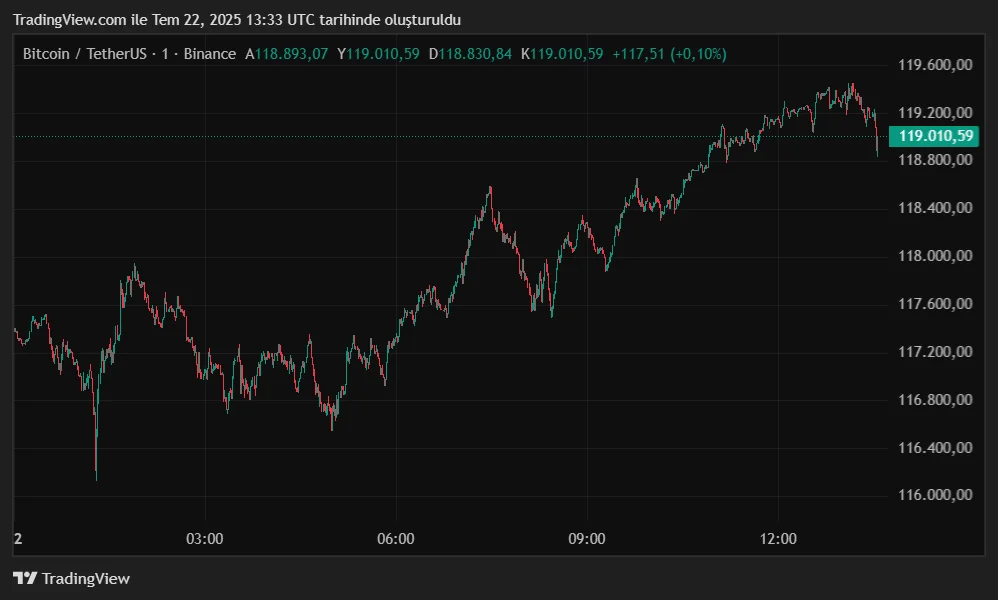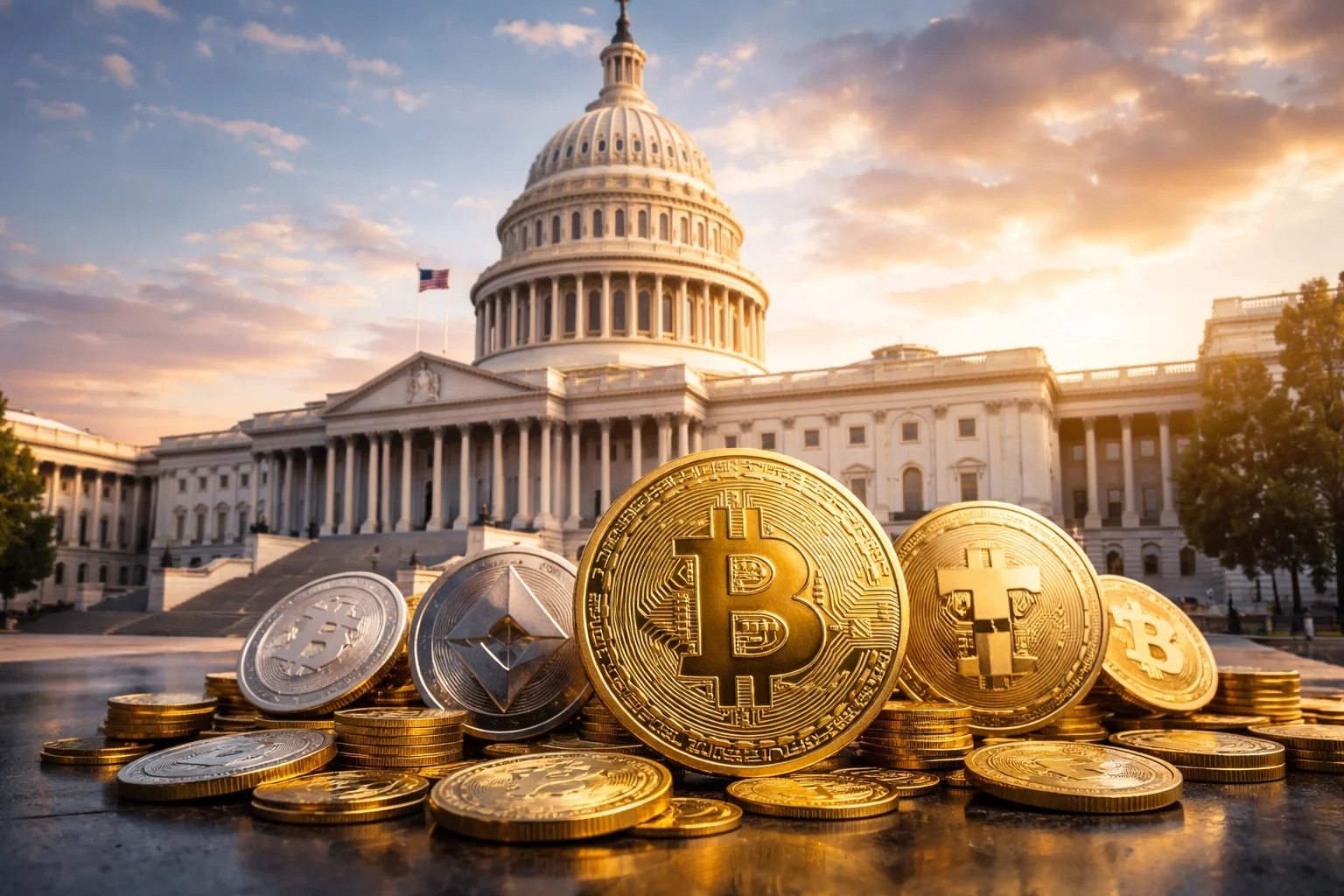US Federal Reserve (Fed) Chair Jerome Powell defied expectations with his speech at the Fed Banking Conference in Washington. Powell, who refrained from commenting on the interest rate policies or the economic outlook that markets were eyeing, this time took a completely different direction: financial regulation and competition among banks. This approach disappointed investors who had been expecting clearer signals from the markets and highlighted the Fed's period of silence.
Emphasis on regulation over monetary policy
Powell's speech was framed within the context of the "blackout" period implemented by the Fed ahead of its July 29-30 meeting. During this period, Fed officials are prohibited from commenting on interest rates or economic forecasts. However, markets were still hoping Powell would offer at least some insightful messages. However, the speech focused entirely on the regulatory framework and the global competitiveness of large banks.
Powell described the Fed's structure as "dynamic and open to feedback," arguing that large banks should be able to compete more freely not only domestically but also internationally. Powell, who called for flexibility in capital regulations, implied the need for greater regulatory harmonization by stating, "Banks should be able to compete freely not only with each other, but also with non-bank financial institutions and their competitors in different countries."
Calm prevails in crypto and traditional markets
Powell's speech did not directly mention crypto assets, and the impact of his statement was limited in both traditional financial markets and cryptocurrency markets. Leading cryptocurrencies such as Bitcoin and Ethereum continued to trade within their pre-speech price ranges. Market data shows that Bitcoin continued to trade around $119,000 during the speech.

Experts note that Powell's silence prevents extreme price movements in the markets and that stability has historically been maintained in crypto markets during Fed blackouts. This situation particularly reflects periods when speculation is reduced and investors await post-Fed statements for direction.
Powell receives political support
On the other hand, Powell's "calm" stance has received political support. In an interview with Fox Business, US Treasury Secretary Besent addressed the recent growing criticism of Powell, saying, “His term ends in May of next year. I don't see any reason for him to resign now. If he wants to stay, he should; if he wants to leave early, that's his decision.” Besent also stated that the Fed's non-monetary activities need to be reviewed and that, in this context, Powell has an opportunity to shape his legacy. These comments suggest that Powell's silence may point to a process not only focused on monetary policy but also redefining the Fed's broader structural responsibilities.




